This post may contain affiliate links. When you make a purchase through these links, you’re supporting the creation of content here on the blog, at no extra cost to you. Thank you for your support.

Hi, I’m Juhh!
Have you ever found yourself lost in the world of puzzles, feeling both challenged and relaxed at the same time? Puzzling is more than just a hobby; it’s a journey filled with cognitive benefits, emotional relief, and moments of joy. Let’s dive into 100 amazing benefits of puzzling that will make you love this pastime even more
100 benefits of puzzling
1. Enhances memory retention
Puzzling is an excellent way to keep your brain sharp by boosting memory retention. As you focus on assembling the pieces, you engage your mind in recalling past patterns and making connections, which helps improve your long-term memory.
2. Boosts critical thinking abilities
Puzzles stimulate your critical thinking skills by forcing you to analyze situations, evaluate options, and consider possible outcomes. This process helps develop a stronger ability to think logically and make informed decisions.
3. Improves focus and concentration
The immersive nature of puzzles requires you to pay close attention to detail and stay focused for extended periods. Regularly engaging in this activity helps improve concentration, making it easier to stay on task in other areas of life.
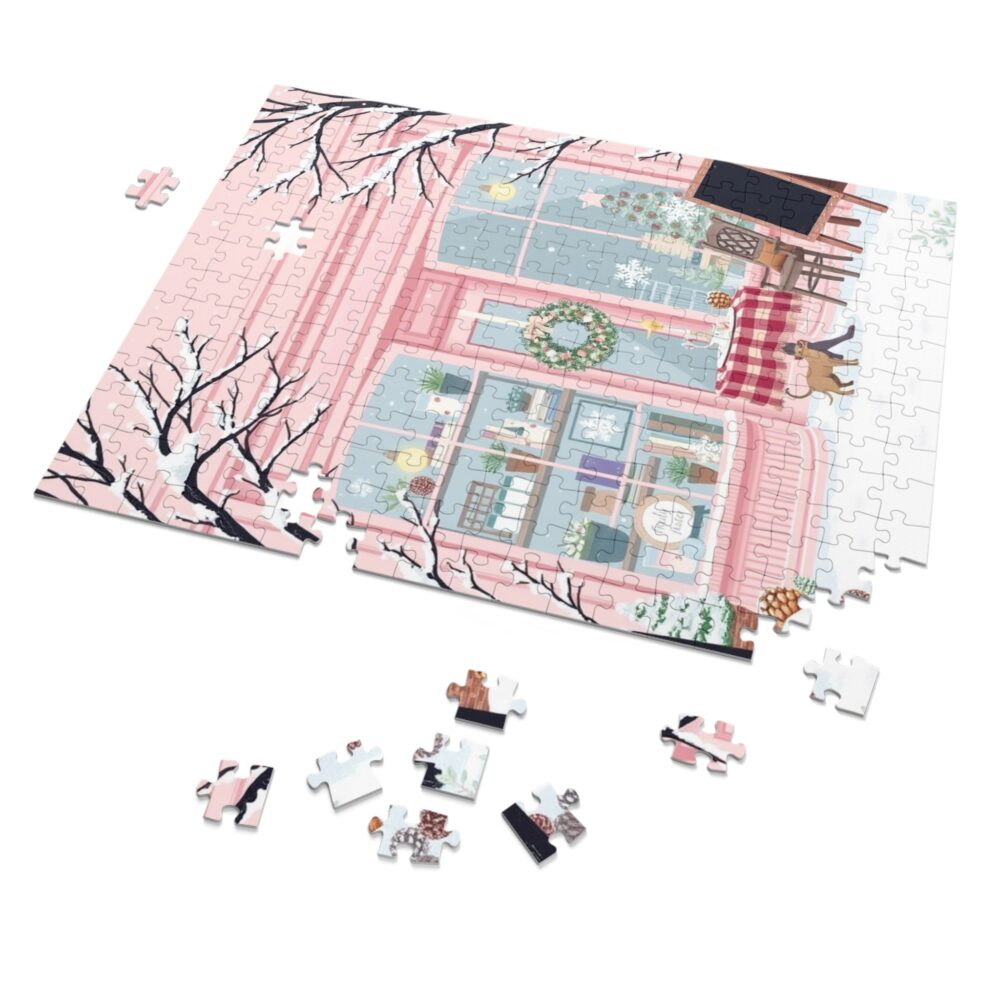
4. Increases IQ levels
Research has shown that engaging in activities like puzzles can have a positive effect on IQ. The mental challenge of solving puzzles helps improve problem-solving skills and cognitive functions, ultimately contributing to higher intelligence levels.
5. Enhances visual-spatial awareness
Puzzles require you to visualize the final image and fit pieces together, enhancing your spatial awareness. This skill helps in everyday activities like navigating new places or organizing objects in your environment.
6. Strengthens mental agility
By constantly exercising your brain with different puzzles, you develop mental agility. Your brain becomes more adept at quickly processing information, adapting to new situations, and solving problems efficiently.
7. Encourages creative problem-solving
Puzzling encourages you to think outside the box and explore multiple solutions. This creative problem-solving ability is not only useful for puzzles but also for approaching challenges in other aspects of life.
8. Develops pattern recognition skills
Solving puzzles requires you to spot patterns and apply them to fit pieces together. This skill improves your ability to recognize patterns in data, art, and other situations, making it easier to predict outcomes and solve problems.
9. Stimulates quick thinking
Some puzzles, especially time-bound ones, encourage you to think on your feet. The need to make quick decisions under pressure sharpens your mind and helps you react more swiftly in real-life situations.
10. Promotes outside-the-box thinking
Puzzles push you to challenge conventional thinking and find creative ways to approach problems. By learning to think in new and unconventional ways, you open yourself up to innovative solutions in other areas of your life.
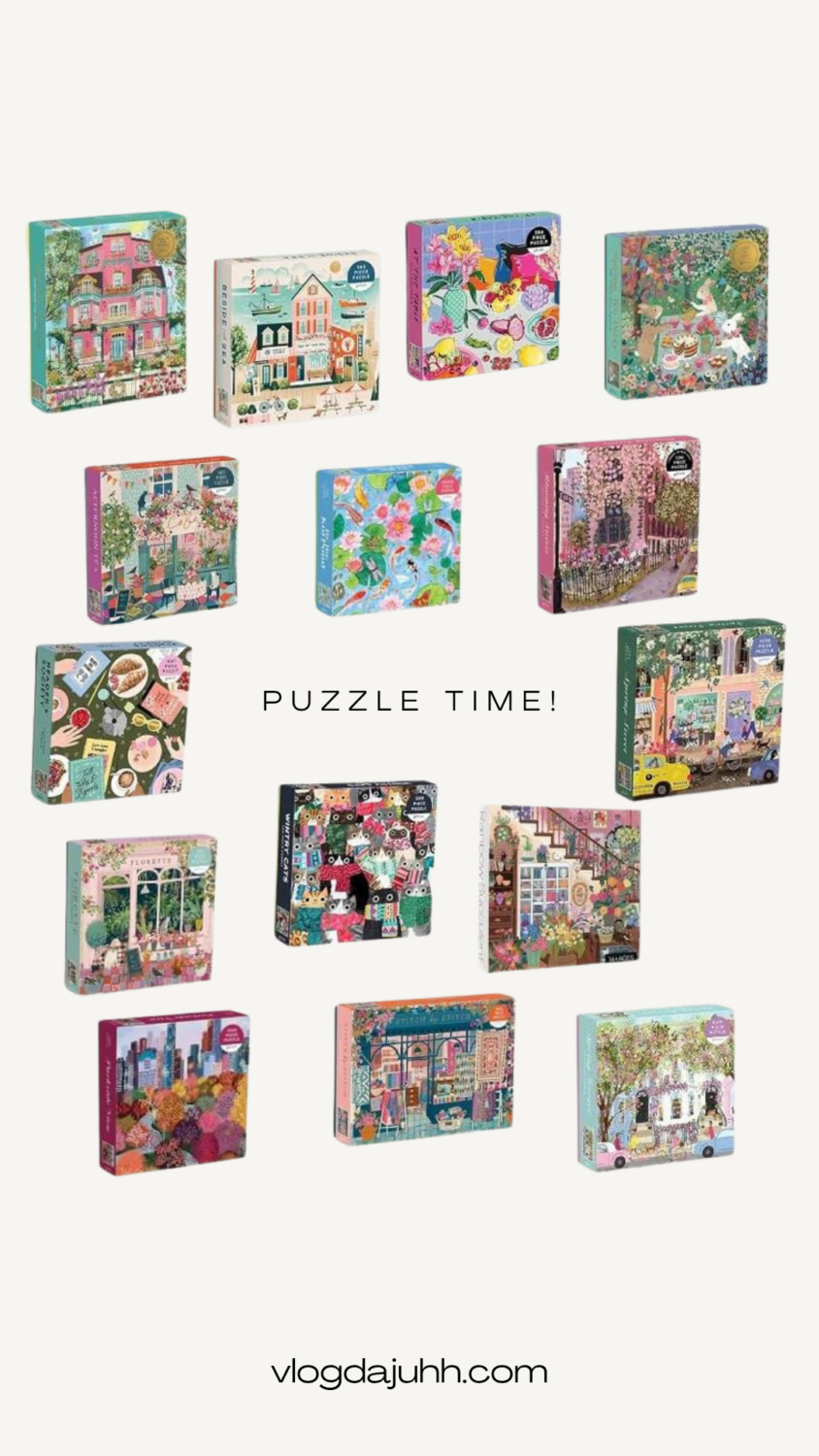
11. Reduces stress levels
The focus required to solve a puzzle can help take your mind off stressors and worries, creating a calming effect. Engaging in puzzles provides a mental break and helps you relax and unwind.
12. Provides a calming effect
Much like meditation, puzzling promotes relaxation by keeping you in the present moment. The repetitive nature of fitting pieces together helps calm the mind, making it an excellent way to de-stress after a long day.
13. Enhances emotional well-being
Completing puzzles can give you a sense of accomplishment, boosting your mood and emotional well-being. It also encourages feelings of satisfaction and pride, helping you feel more positive about yourself.
14. Encourages mindfulness practices
Puzzling encourages mindfulness by requiring you to be fully present and focused on the task at hand. It allows you to block out distractions and engage in a calming activity, fostering a sense of tranquility and mental clarity.
15. Builds patience and persistence
Working on a puzzle teaches you to be patient, especially when pieces don’t seem to fit immediately. The persistence required to keep trying builds resilience and teaches you to approach challenges with determination.
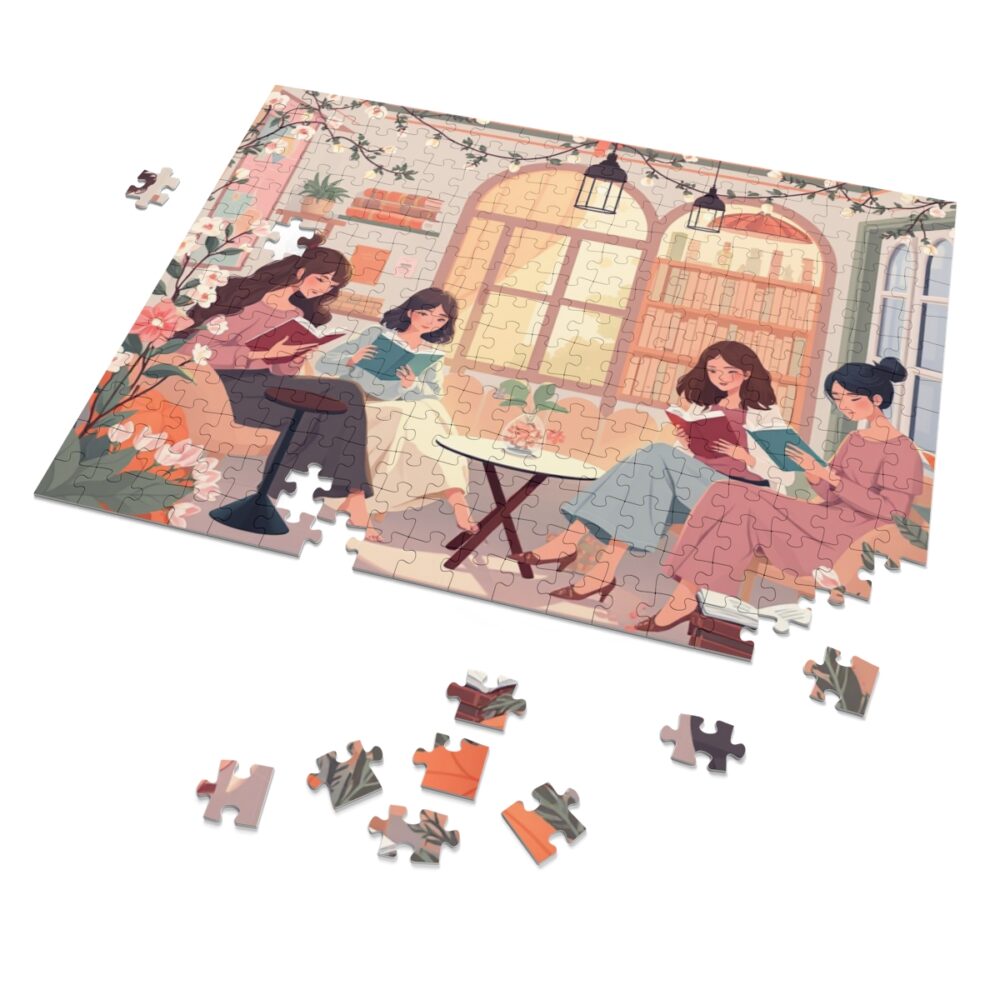
16. Boosts self-esteem through achievements
Completing a challenging puzzle boosts your self-esteem and reinforces a sense of accomplishment. The satisfaction of overcoming obstacles helps you feel more confident in your abilities and proud of your achievements.
17. Provides a sense of accomplishment
There’s a unique satisfaction that comes from completing a puzzle. This sense of accomplishment reinforces positive emotions and provides a rewarding feeling that encourages you to tackle even more challenging tasks.
18. Encourages positive mental attitudes
By solving puzzles, you develop a positive mental attitude. The act of persevering through challenges and finding solutions helps you foster a mindset of optimism and resilience, which can benefit your overall mental health.
19. Reduces feelings of anxiety
The calming effect of puzzling helps alleviate feelings of anxiety. The act of focusing on a puzzle keeps your mind occupied, redirecting attention from anxious thoughts to a task that promotes relaxation.
20. Acts as a mindful meditation tool
Puzzles can serve as a form of meditation, providing a peaceful space for you to focus your attention. Like meditation, puzzling helps you clear your mind, reduce stress, and improve your overall mental well-being.
21. Fosters connections with others
Puzzling provides an opportunity for social interaction. Whether it’s working on a puzzle with family, friends, or coworkers, it strengthens bonds and fosters a sense of togetherness, making it an ideal activity for creating memories.
22. Strengthens teamwork capabilities
Collaborating to solve a puzzle helps build teamwork skills. Each person brings unique strengths to the table, and working together to achieve a common goal teaches valuable lessons about cooperation and mutual support.
23. Builds interpersonal communication
When solving puzzles with others, communication is key. You learn how to articulate your thoughts, share ideas, and listen actively, improving your ability to engage in effective conversations and collaborate with others.
24. Offers quality family time
Puzzles are a perfect activity for family bonding. They bring people together, encourage teamwork, and provide an enjoyable way to spend time with loved ones, creating lasting memories in a stress-free environment.
25. Provides collaborative opportunities
Puzzles provide an excellent chance for collaborative work, whether it’s with a team at the workplace or with friends. This shared experience fosters a sense of community and strengthens relationships while achieving a common objective.
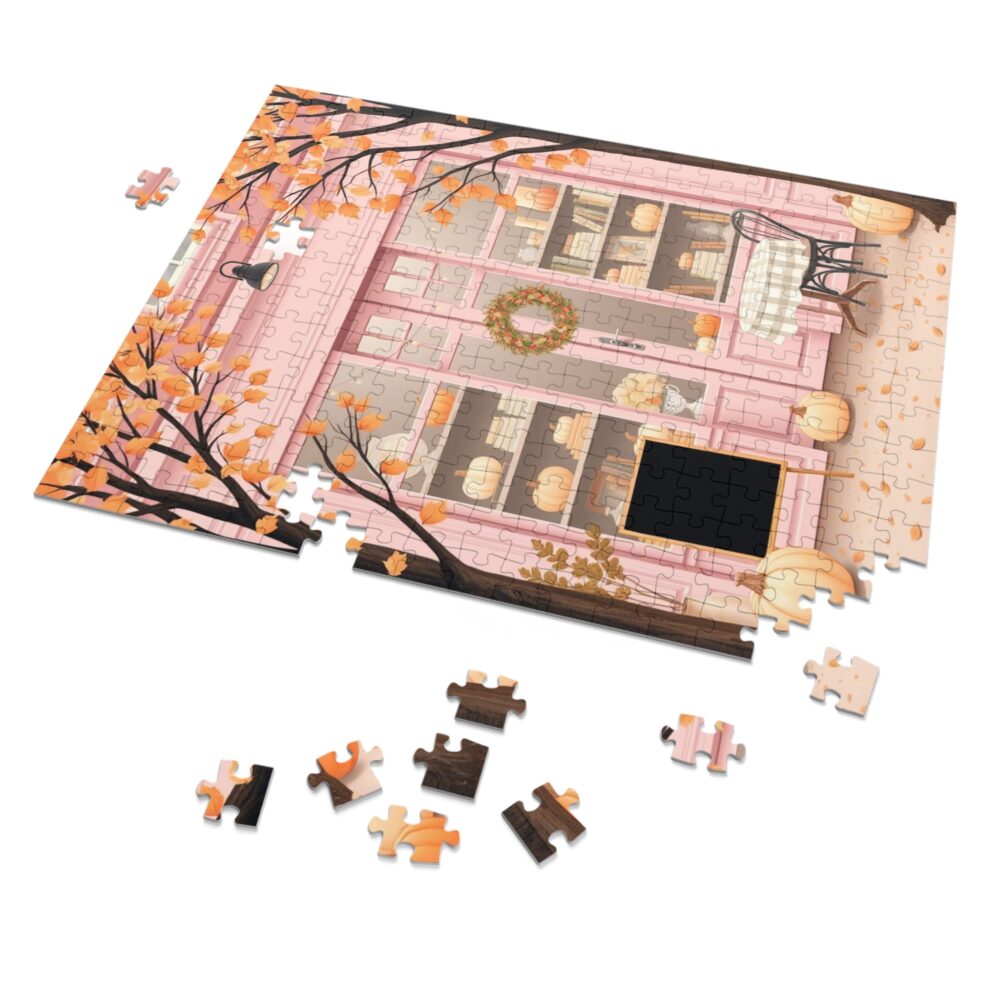
26. Improves linguistic abilities
Puzzles often require you to think and analyze logically, which can improve your language skills. Playing word puzzles, in particular, helps expand your vocabulary, enhances spelling, and sharpens overall language proficiency.
27. Expands vocabulary knowledge
Engaging in word-related puzzles, such as crosswords or word searches, helps broaden your vocabulary. The challenge of figuring out new words strengthens your linguistic abilities and helps you remember words more easily.
28. Develops mathematical thinking
Many puzzles, such as Sudoku or logic puzzles, require mathematical thinking and problem-solving. These activities enhance your ability to think logically, recognize numerical patterns, and apply mathematical concepts.
29. Sparks curiosity and wonder
Puzzles spark curiosity by presenting problems that need solving. This sense of wonder motivates you to explore new topics, ideas, and subjects that you may not have considered otherwise, encouraging lifelong learning.
30. Supports academic success
Puzzling helps develop the cognitive skills necessary for academic success. The problem-solving, critical thinking, and focus required in puzzles translate well to learning in subjects like math, science, and literature.
31. Enhances artistic creativity
Puzzles that involve images or design stimulate artistic creativity. As you work to assemble pieces into a complete picture, you engage with visual elements, fostering a stronger appreciation for color, design, and composition.
32. Inspires innovative solutions
Solving puzzles often requires innovative thinking and out-of-the-box approaches. This skill can be translated to everyday problem-solving, encouraging you to find unique and creative solutions to challenges.
33. Develops artistic sensibility
Puzzle solving enhances your ability to perceive and appreciate art. The careful arrangement of pieces, the attention to color and shape, and the overall visual process help hone your artistic sensibility.
34. Encourages imaginative exploration
When working on a puzzle, your mind is free to imagine different possibilities and explore creative solutions. This encourages imaginative exploration and fosters an open mindset that is crucial for personal growth and problem-solving.
35. Promotes original thought processes
Puzzling stimulates original thinking by challenging you to consider multiple solutions and alternatives. This promotes creative thinking and encourages you to approach challenges from a fresh perspective.
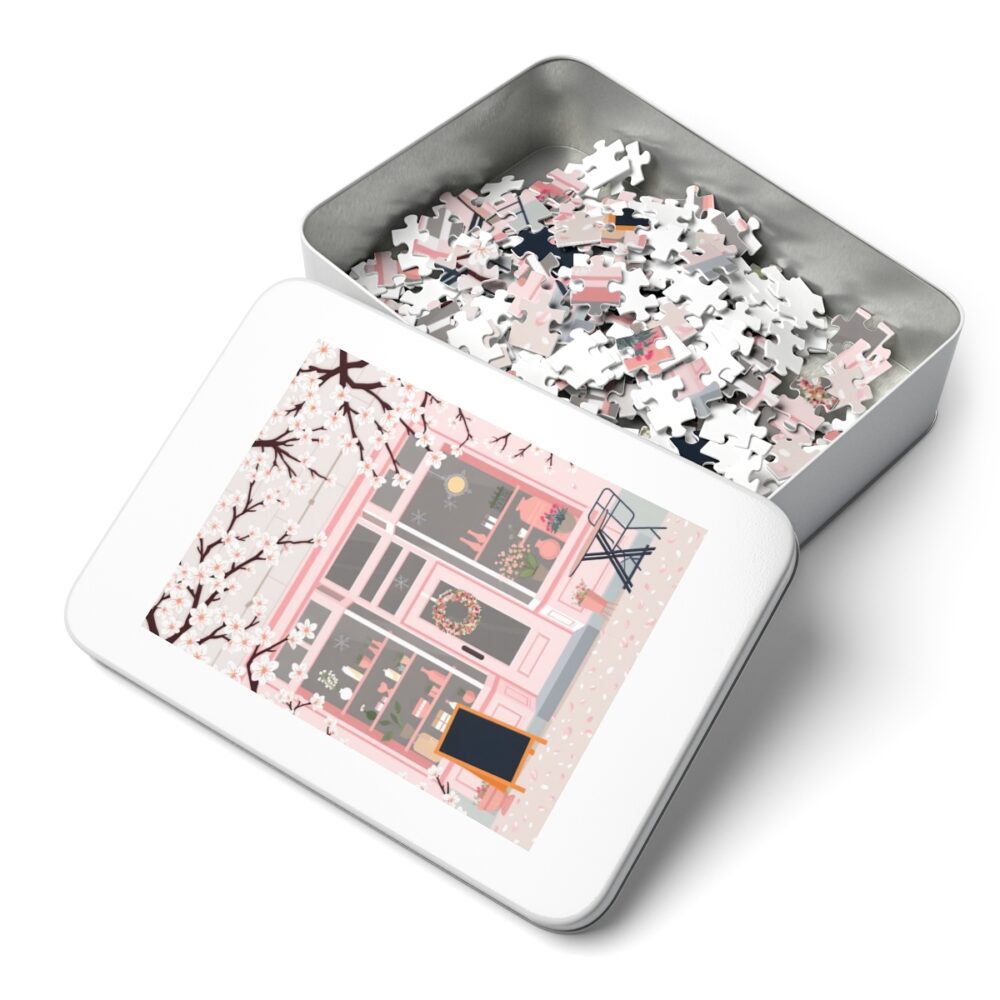
36. Boosts creative problem-solving
Through puzzles, you learn to approach problems with creativity and flexibility. The challenge of fitting pieces together encourages you to find alternative solutions, which strengthens your creative problem-solving abilities.
37. Fosters self-improvement
Puzzling is an excellent way to work on self-improvement. The consistent practice of solving puzzles builds patience, perseverance, and mental resilience, helping you to constantly grow and develop in various areas of life.
38. Builds perseverance and grit
Working through challenging puzzles teaches perseverance and grit. Even when the solution seems out of reach, you learn to keep going, which builds determination and the ability to face obstacles head-on.
39. Supports lifelong education
Puzzles contribute to lifelong learning by encouraging continuous mental engagement. The more you puzzle, the more you learn about different strategies, concepts, and ideas, promoting a habit of lifelong education and personal development.
40. Increases adaptability to change
Puzzles often require you to adjust your approach when a solution doesn’t immediately present itself. This adaptability helps you become more flexible in life, making it easier to handle unexpected changes and challenges.
41. Develops effective time management
Puzzles teach you to manage your time efficiently. As you work towards completing a puzzle, you learn how to allocate time for different tasks, ensuring that you stay focused and accomplish goals within a set timeframe.
42. Enhances organizational skills
Organizing puzzle pieces is a task that requires careful thought and structure. By practicing this, you develop better organizational skills, which are useful in managing your personal, professional, and academic life.
43. Encourages goal-setting behaviors
The challenge of solving a puzzle encourages goal-setting. You work towards the goal of completing the puzzle, which teaches the importance of setting objectives and working systematically to achieve them.
44. Improves multitasking capabilities
Some puzzles require you to balance different strategies or work on multiple sections at once. This improves your multitasking skills, allowing you to manage several tasks simultaneously in your personal and professional life.
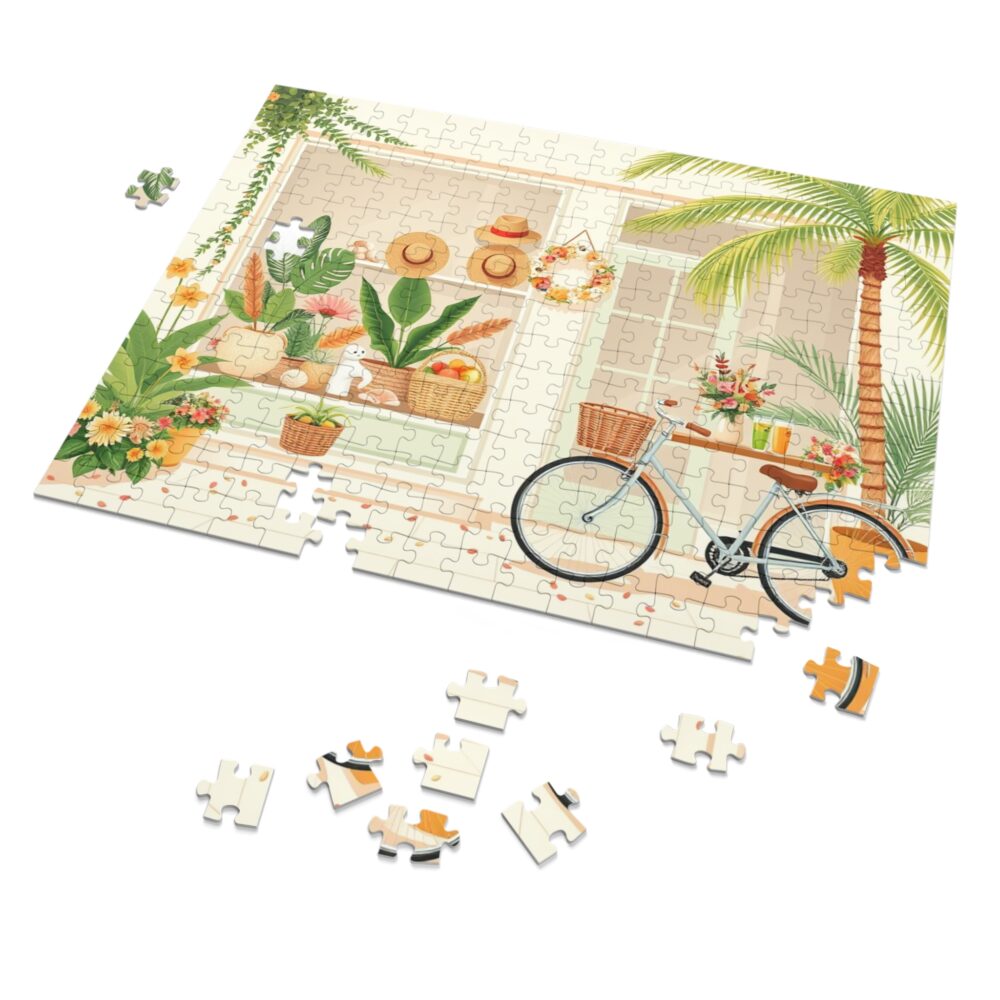
45. Enhances fine motor precision
Putting together puzzle pieces requires fine motor skills, including hand-eye coordination and dexterity. Regular puzzling improves the precision with which you handle objects, making it easier to perform tasks that require fine motor control.
46. Strengthens hand-eye coordination
Puzzling enhances hand-eye coordination as you work to fit pieces together. This improvement can benefit other activities in life, such as sports, driving, or any task that involves precise movements.
47. Supports brain health and fitness
Puzzling is a great way to keep your brain healthy and fit. It challenges your cognitive functions, helps maintain mental sharpness, and reduces the risk of cognitive decline as you age.
48. Lowers risks of mental decline
Engaging in mentally stimulating activities like puzzles can help slow down the process of mental decline. Puzzles keep your brain active and engaged, which can reduce the risk of developing conditions like dementia or Alzheimer’s.
49. Enhances sleep quality through relaxation
The calming effects of puzzles help reduce stress and promote relaxation, which in turn can improve your sleep quality. By unwinding with a puzzle, you set your mind at ease before bedtime.
50. Boosts overall mental wellness
Regular puzzling can boost your overall mental wellness by promoting cognitive health, reducing stress, and enhancing emotional well-being. It’s a simple and enjoyable way to prioritize your mental health.
You’re just getting started! 🧩
Click below to discover 50 more reasons why puzzles are the perfect hobby for your mind and soul! 🧠💖✨

